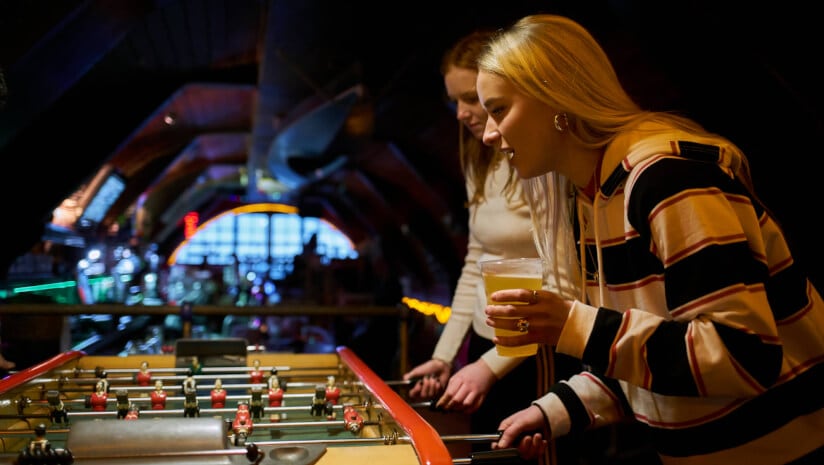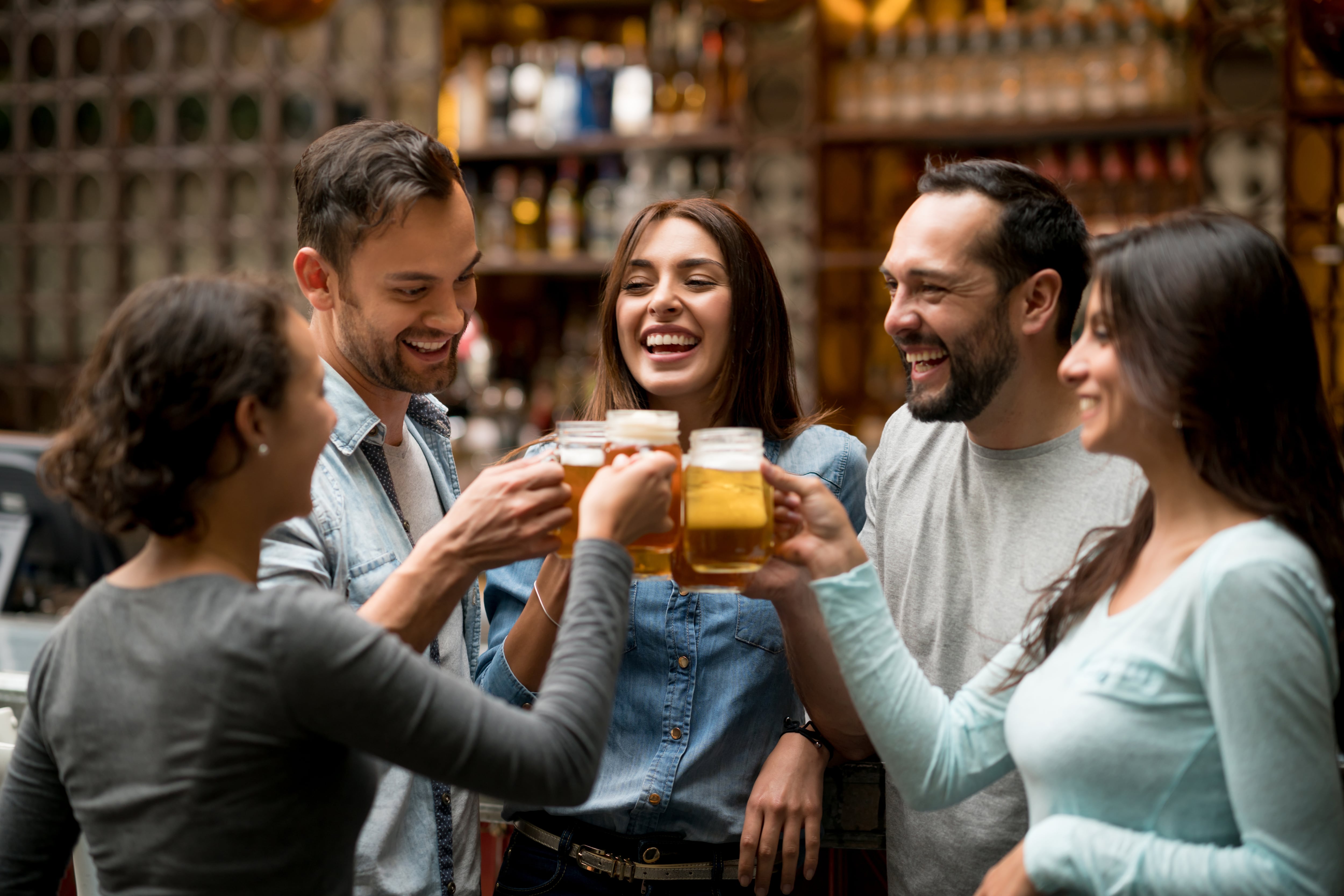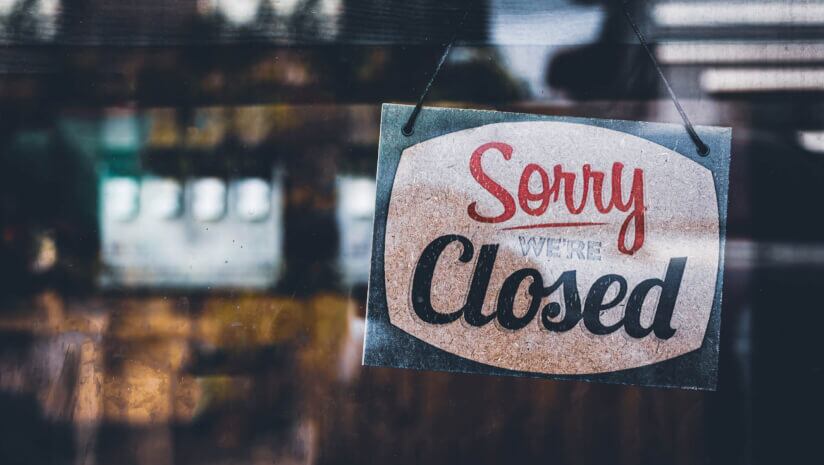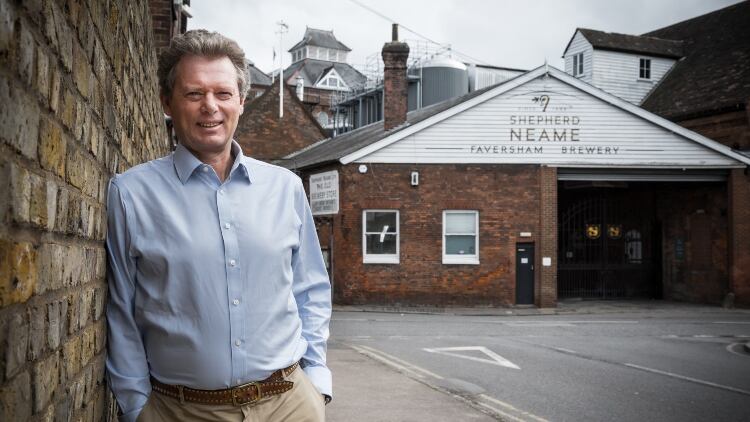According to data from CGA by NIQ, high tempo consumers are visiting venues more frequently than they did in 2024, with 43% visiting weekly - an increase of 17 percentage points compared with last year.
Moreover, on-premise spend for those consumers was estimated by CGA to be £38 more per month than the British average.
Speaking at The Pub Show at London’s ExCel on Thursday 18 March, operators shared their experiences with competitive socialising and how the market can benefit the on-trade.
Licensee of community pub the Bellringer in Stoke-on-Trent, Victoria Mavin, told delegates the way people interact with the on-trade has changed and customers now need a reason outside of food and drink to visit pubs, but that doesn’t have to mean a big budget.
Get creative
At The Bellringer, Mavin has introduced a number of cost-effective competitive socialising events that have boosted trade, including a smart phone quiz on a Sunday night, regular themed quizzes, darts and pool.
The multiple-operator is also looking to introduce interactive darts after seeing results in increased dwell time and footfall.
“You can clearly see the difference in the atmosphere at the pub and the type of people that come in, it does make a huge difference”, she said.
Mavin added the business tries to “think outside the box” to appeal to a variety of consumers and maximise its smaller budget.
She continued: “We are not spending a fortune on making this experience; we don’t have the space. We are a community pub that is trying to be all things for all people so it is a case of what can we do to keep customers.”
Last summer, the pub hosted an Olympic sports themed event, coined ‘Publympics’, which included beer pong and ‘flip flop flinging’, and is looking to do the same this year as the event proved popular.
Mavin said the idea was a gamble that paid off: “We got creative with it. We held an opening ceremony, had prizes, medals etc., did a closing ceremony with a DJ afterwards and made a whole day of it; it drew in different people that wouldn’t normally be [in the pub].
“But it cost less than £100 to put that event on, and we can reuse things on the next one. We charged customers £5, which went back out as prize money. It was something totally off the wall, but it worked really well.”
“With a lot of Gen Z customers taking part in competitive socialising, we have no choice but to embrace it”
Royal Pier head of operations Lee Price
CGA’s Beyond the Ordinary: 3rd Space, Competitive Socialising & Event Space Report, released in October 2024, revealed bowling (15%), mini golf (11%) and pool / snooker (10%) were the top three competitive activities.
Games including arcades, bingo, darts, escape rooms, ping pong and Virtual Reality also proved popular last year.
While Aberystwyth-based bar Royal Pier has injected some £50,000 into its competitive socialising offer, head of operations Lee Price said some of the simpler additions have been the venue’s most successful.
The site boasts two full size snooker tables, two virtual darts boards, two 22ft shuffle tables, golf pool, foot pool, foosball, a sports simulator, air hockey and beer pong.
However, Tuesday nights have become the second busiest night of the week at Royal Pier, second only to Saturday, after the introduction of speed quizzes, which simply requires customers to use their phones.
Moreover, things like board games have also proved popular at the venue.
Price added: “We have done this over a number of years, it’s not like it was an instant success. We have bought year by year, added and removed elements, not everything works.
“Don’t be afraid to get things wrong, make sure it blends well with what you are doing.”
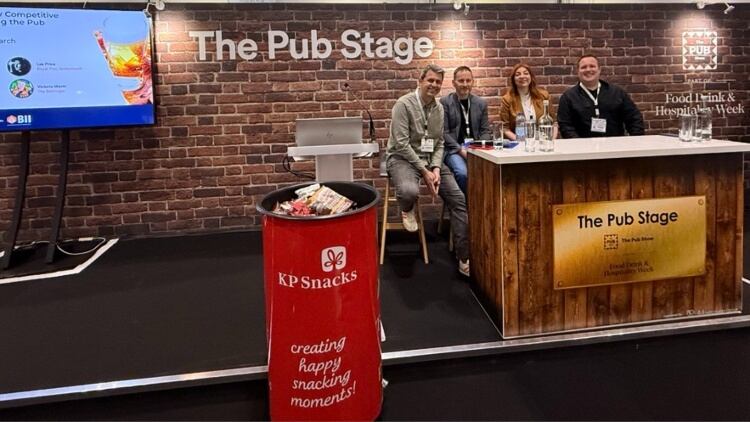
The former British Institute of Innkeeping (BII) Licensee of the Year added competitive socialising was essential to “futureproofing” the great British pub.
“The market is changing. We operate in a student town and we see there has been a nationwide and a local decline in the way that 18-24 year olds were participating in socialising.
“With a lot of Gen Z customers taking part in competitive socialising, we have no choice but to embrace it”, he said.
Boutique bowling firm All Star Lanes, which was founded in 2006, has also had to adapt its offer since its inception.
While still bowling-lead, CEO Graham Cook told the Pub Show the business has added karaoke and interactive quizzes and darts.
Cook explained dwell time increased following the investments, with a single round of bowling lasting around 11 minutes and average consumer dwell time around 90 minutes.
Considering risks
However, the CEO highlighted the importance of tailoring the offer depending on the local area: “Our target market is dictated by our locations. We have a Holborn venue that is strictly corporate, it’s busiest night of the week is Tuesday and it is groups of corporate after work activities.
“Then we have two shopping centre formats that are very family and student heavy with weekend trade as well as one site that sits in the middle in Shoreditch that does a bit of everything and is quite occasion-led.”
When it comes to licensing, Poppleston Allen associate solicitor Joe Harvey later told The Morning Advertiser (The MA) competitive socialising venues often have a different risk profile due to the emphasis being on the activity rather than the consumption of alcohol or other licensable activities.
However, he advised it was still important to consider how an activity would need to be managed to meet licensing objectives: “If activities are welcoming to families with children, extra care might need to be taken when considering what measures are necessary to protect children from harm.
“Likewise, it is important to consider whether there is an inherent risk in the nature of the activity (such as axe throwing) especially when mixed with alcohol, which might need careful attention to ensure public safety.”
The associate solicitor also said operators could also be asked to agree to a condition meaning the sale of alcoholic is ancillary to the competitive activity.
He added: “In many cases, this is perfectly sensible but in others, it might seriously impact on the viability of the business. It is important to take advice on what conditions are necessary to ensure that the right balance is found.”


